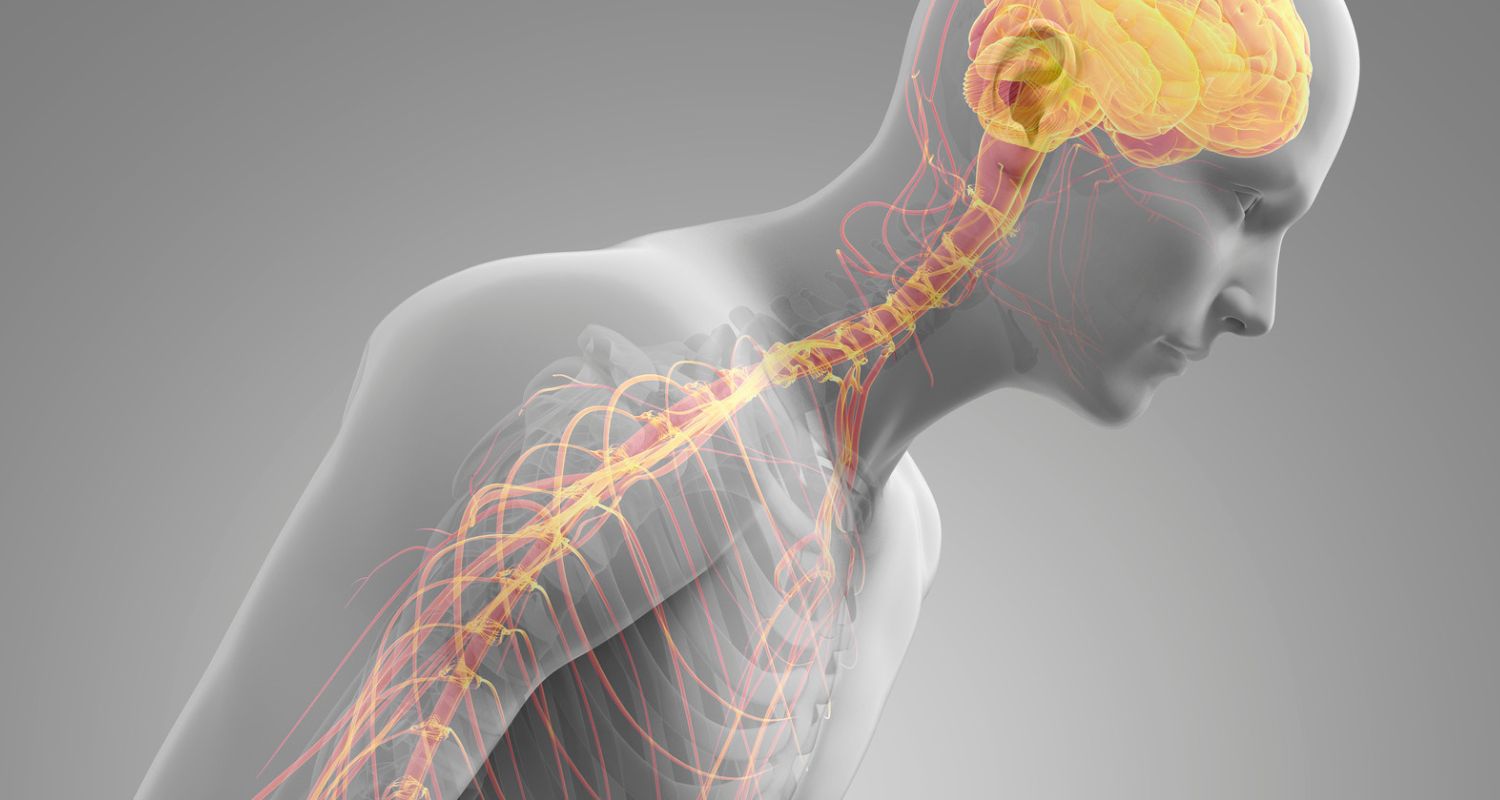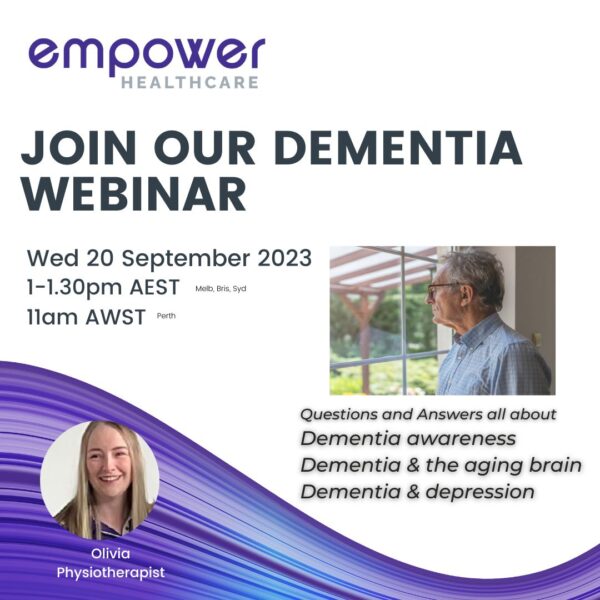Comprehensive, personalised care for people living with Parkinson’s disease can improve mobility, independence, and provide real quality of life.
Parkinson’s disease is a chronic and progressive neurological disorder affecting *150,000 Australians with 38 more diagnosed every day. 20% of sufferers are under 50 years old and 10% are diagnosed before the age of 40.
Parkinson’s disease can cause a wide range of symptoms, including tremors, stiffness, slow movement, and balance problems. While there is currently no cure, Allied Health clinicians can assist in managing symptoms and improving quality of life for people living with the condition.
These clinicians, along with Nurses, include Physiotherapists, Occupational Therapists, Dietitians, Osteopaths, Podiatrists, and Speech Pathologists.
Physiotherapists
Work with people living with Parkinson’s disease to improve their mobility, balance, and strength. Physiotherapy can help to reduce stiffness and increase flexibility, which can help people with Parkinson’s disease to move more easily. They can also provide education on proper posture, gait, and balance, which can help to prevent falls.
Occupational Therapists
Can help people to continue to work, care for themselves and carry out activities of daily living by providing strategies for managing activities such as dressing, grooming, modified work arrangements and cooking. They can also provide advice on home modifications and assistive devices that can make daily activities easier.
Dietitians
Ensure that people who live with Parkinson’s disease are meeting their nutritional needs. Parkinson’s disease can affect a person’s ability to swallow, which can make it difficult to eat and drink. A dietitian can provide advice on the best foods to eat and the best ways to prepare them. They provide guidance on maintaining healthy weight and managing other health conditions that may be associated with Parkinson’s disease.
Osteopaths
Holistically approach the management of Parkinson’s disease and the musculoskeletal system to relieve pain and stiffness in the joints and muscles. They can provide manual therapies such as massage and stretching, which can help to improve flexibility and reduce pain. Osteopaths can also provide advice on exercise and lifestyle changes that can help to manage symptoms of Parkinson’s disease.
Podiatrists
Work address problems with feet such as calluses, corns, and toenail problems that can be difficult to reach when movement is affected. They can also provide advice on proper footwear that can help to improve balance and prevent falls.
Speech Pathologists
Speech pathologists help people with Parkinson’s who struggle with communication to speak clearly, loudly, and with intent. Therapy aims to improve word-finding abilities, can help manage cognitive functioning, comprehension issues, memory, and following directions. Speech Pathologists also play a vital role in managing swallowing difficulties that can cause complications for people living with Parkinson’s.
Nurses
Play a crucial role in supporting people living with Parkinson’s disease. They can help by educating patients and their families about the disease and its management, providing guidance on medication schedules and side effects, and offering strategies for managing daily activities. Nurses can also monitor symptoms, assess changes in condition, and provide emotional support.
Working collaboratively, Allied Health clinicians can deliver comprehensive, personalised care for people living with Parkinson’s disease that can improve mobility, independence, and real quality of life.
*https://shakeitup.org.au/understanding-parkinsons/#:~:text=Parkinson’s%20is%20the%20second%20most,before%20the%20age%20of%2040.
MORE BLOGS
Get Started With Our Home Care & NDIS Services
Simply click on the image below for our referral form.



